In Kenya, use of dietary supplements has been popularized through social media advertisements and multi-level marketing schemes
You see them in most pharmacies, supermarkets, and cosmetics shops in their alluring, loudly coloured packaging with eye-catching fonts detailing key nutrients and their health benefits. If nutritional supplements were some sort of faith, they would rival the major religions of the world.
Nutraceuticals are food products that provide health benefits beyond nutrition. Kenya’s Pharmacy and Poisons Board (PPB) defines nutraceuticals or dietary supplements as products other than tobacco intended to supplement the diet. According to the USA’s Food and Drug Administration (FDA), nutraceuticals have pharmaceutical effects that have not been scientifically confirmed or approved.
However, nutraceuticals are gaining popularity globally due to the increased health awareness of preventive healthcare measures, the high incidence of lifestyle diseases, and the rising prominence of the use of natural products.
Dietary supplements comprise vitamins, minerals, herbs, botanical compounds, such as caffeine, and probiotics – live microorganisms that are used to restore the health of the digestive system. They are meant to compensate for deficiencies in your diet. Hence, people should never replace their daily food intake with them.
Supplements are taken orally. They are available in various forms including powders, liquids, soft gel capsules, tablets, lozenges, and gummies.
In Kenya, the use of supplements has been popularized through social media advertisements and multi-level marketing schemes.
Nutritional supplements can be easily acquired without a prescription from drug stores. Most Kenyans rely on online platforms or advice from friends instead of seeking advice from doctors before using them.
Take Zawadi, a 40-year-old female hypertensive patient who had difficulties managing her blood pressure. One of Zawadi’s colleagues at her table-banking WhatsApp group advised her to take supplements containing grapeseed extract-which is rich in antioxidants such as polyphenols and proanthocyanidins that promote healthy blood pressure levels, heart rate and cell health.
Zawadi even went overboard and added a bunch of grapefruits on top of the grapeseed extract supplements. But alas! One Sunday morning after breakfast, Zawadi felt weak. She experienced lightheadedness, blurred vision and was breathing faster than normal. She fainted and was found to have had very low blood pressure at the hospital where the doctor attributed her condition to taking antihypertensive drugs alongside grape products.
Grapes and grape supplements contain a compound known as resveratrol, which interacts with various antihypertensive drugs. Examples of these drugs include Calcium Channel Blockers, Angiotensin Receptor blockers, and Angiotensin Converting Enzyme Inhibitors.
Resveratrol inhibits liver enzymes, specifically CYP3A4 enzymes, which are responsible for the metabolism of these blood pressure-lowering drugs. This increases their bioavailability, the duration they last in the bloodstream, thus increasing their potential to cause toxic effects such as hypotension (low blood pressure) and low heart rate.
Other medications that should not be taken together with grape seed extract supplements include blood thinning medications such as warfarin which could result in an increased risk of bleeding, diabetes medications which could lead to low blood pressure if not monitored, and some anti-cancer drugs which may affect how some of these drugs are broken down in the body and excreted, thus reducing their efficacy.
From that incident, Zawadi learnt an invaluable life lesson ── to always consult with healthcare professionals before buying or taking dietary supplements. Consumers should always request information on the risks, benefits and dosing of these supplements.
Taking creatine powder shakes is common among avid gym goers, especially men, bodybuilders, and athletes. Creatine is an organic compound that helps our muscles produce Adenosine Triphosphate (ATP), a compound which aids in muscle contraction and serves as an energy source during high-intensity workouts such as weightlifting.
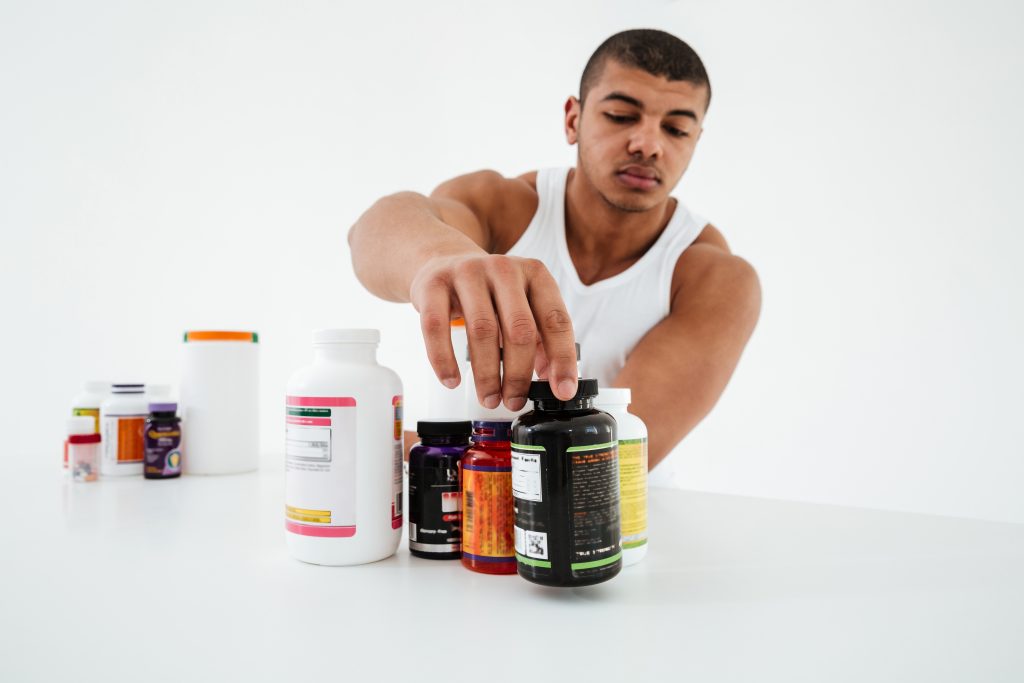
Creatine dosing depends on factors such as age, gender, body size, and goals. The Recommended Daily Allowance (RDA) for creatine is between three to five grams per day. 95 per cent of creatine is synthesized by our muscles. RDA is defined as the average daily level of supplement intake that is sufficient to meet the nutrient requirements of nearly all healthy people.
Sports medicine experts recommend taking a loading dose of 20g of creatine in four divided doses for five to seven days, followed by a maintenance dose of three to five grams per day for 30 days to help increase creatine muscle reserves.
Taking too much creatine can cause kidney damage and adversely affect liver function by increasing liver enzymes in the blood. Therefore, patients with liver and kidney disorders should consult with their doctors before using creatine supplements. Other side effects include weight gain, water retention, bloating, diarrhoea, and, rarely, compartment syndrome.
Compartment syndrome occurs when there is too much pressure around muscles. This pressure constrains blood (with oxygen and nutrients) flow to muscles and nerves. Patients will present with muscle pain, tingling sensation under the skin, numbness, and swelling around the muscle. The risk of compartment syndrome increases during creatine supplementation because of water retention in the muscle cells and ballooned muscles.
Foods rich in creatine include fish, meat, and eggs. I would strongly recommend these foods to people who are striving to be fit and tone their muscles.
Taking high amounts of fat-soluble vitamins (vitamins A, D, E, and K) can cause hypervitaminosis. This is characterized by abnormally high storage of fat-soluble vitamins in the body. Patients experience fatigue, digestive issues such as nausea, vomiting, and diarrhoea, skin changes including dryness, itchiness, or discolouration, and neurological symptoms such as headaches and dizziness. The rest of the symptoms are specific to the type of vitamin overconsumed.
Users should discontinue using these supplements once they start noticing these symptoms and rush to the hospital. In emergency cases, these excess vitamins will be eliminated from their bodies using medical procedures and antidotes.
Dietary supplements have been used medically to address nutritional deficiencies, address maternal needs, and prevent birth defects during pregnancy.
The Kenya Pediatric Association (KPA) recommends that breastfed newborns be given 400 IU (international units) of vitamin D once daily until they are weaned, for the development of strong and healthy bones and teeth. According to the Centers for Disease Control and Prevention (CDC), breastmilk does not provide enough vitamin D. Babies’ skin is quite sensitive. Sadly, infants cannot get all the vitamin D they require from the sun.
Mothers should use droppers to administer vitamin D drops. They should be careful not to overdose as that will lead to hypervitaminosis D. Affected babies will present with fatigue, confusion, nausea, vomiting, abdominal pain, constipation, loss of appetite, and kidney damage in severe cases.
Kenyans should stop buying supplements from premises not regulated by the Pharmacy and Poisons Board (PPB) or from international e-commerce platforms. By purchasing them from such premises, they risk acquiring unregistered products that may be adulterated with harmful substances such as steroids and stimulants. Furthermore, these unregistered products may not contain the nutrients on the label claim.
Kenya’s PPB guidelines dictate that their inspectors should inspect nutritional supplement imports at the port of entry. Only registered products shall be accepted. However, this only applies to large quantities of imported supplements. Small quantities for personal consumption rarely capture the attention of the PPB Inspectorate.
It therefore follows that PPB should reinforce and strengthen post-market surveillance of health supplements in Kenya.
Lastly, Kenyans should only use supplements when necessary and from an informed point of view or under the guidance of health care practitioners. We should, therefore, shun blind dietary supplement consumerism.
Dr Sharon Mumbua is a pharmacist and creative non-fiction writer



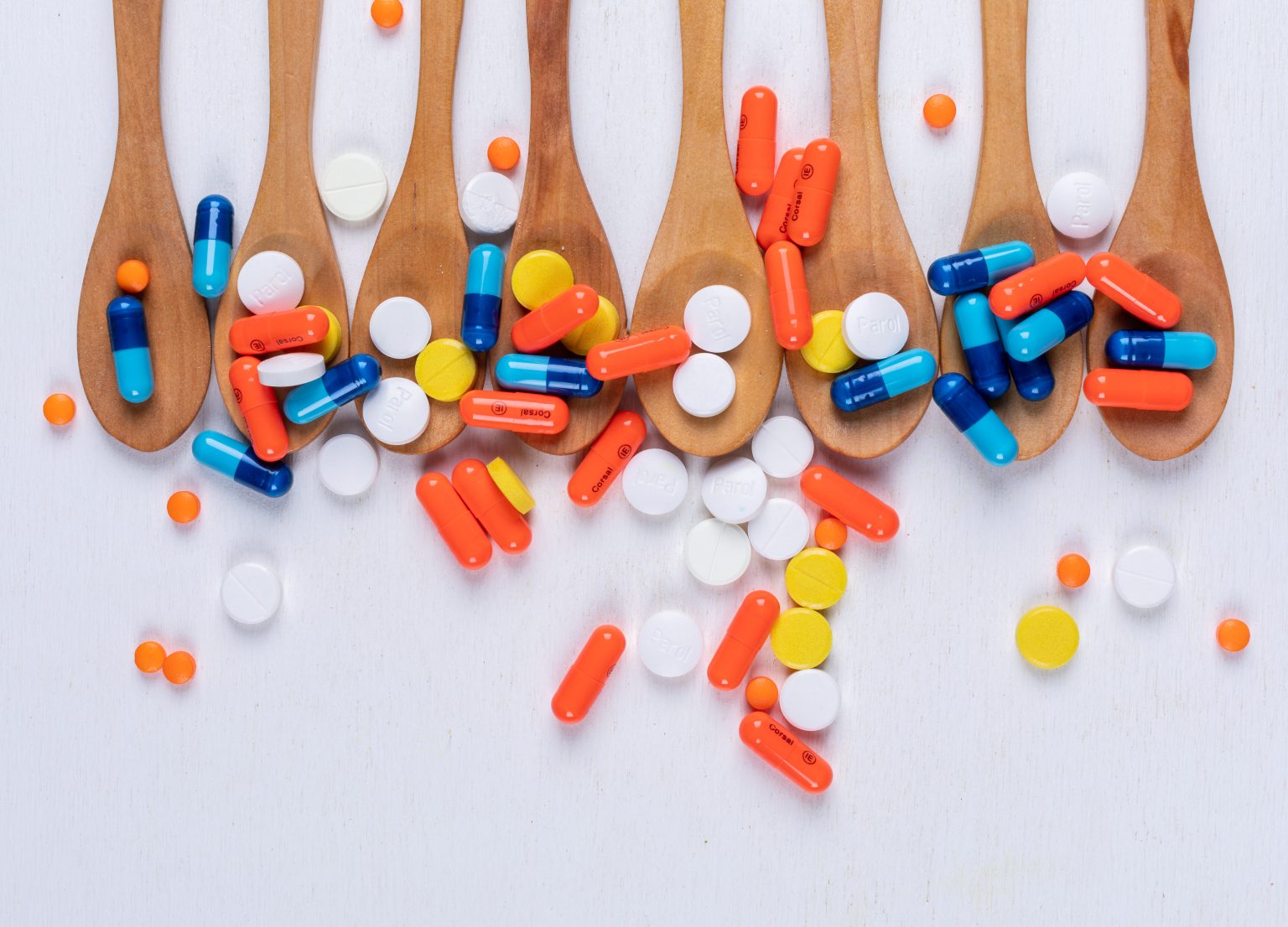
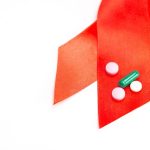



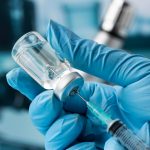








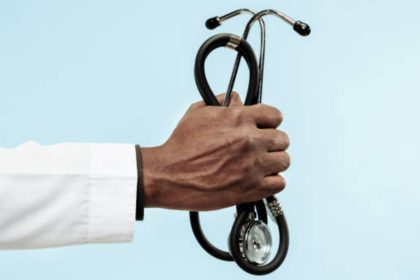
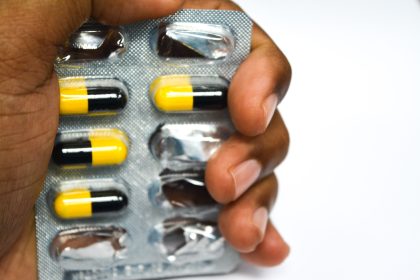



Great article …very informative…Kudos Dr Sharon